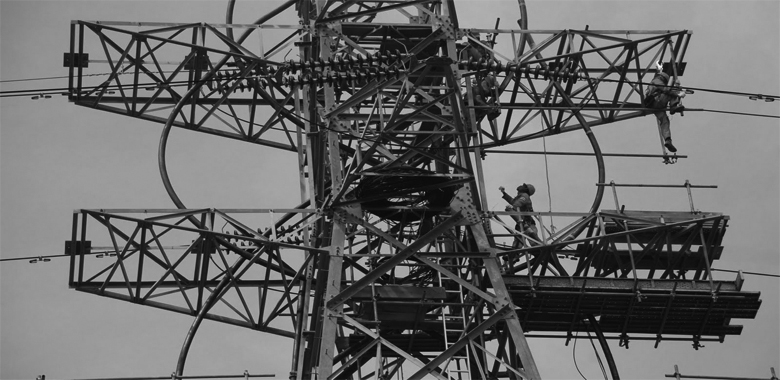PARIS (Yosefardi) – Economic losses from the impacts of climate change in Southeast Asia could be 60% higher than previously estimated, reducing the region’s gross domestic product (GDP) by up to 11% by 2100, according to a new Asian Development Bank (ADB) study.
The analysis is an update to a 2009 ADB report that estimated a 7% annual reduction in economic output due to climate change.
Reducing emissions will require action on a number of fronts, including a sharp reduction in the rate of deforestation, which accounts for the majority of Southeast Asia’s current emissions.
Averting deforestation represents the lowest cost opportunity for emissions reductions and could generate half of the cumulative regional mitigation through the mid-2030s.
Reducing emissions is also contingent on developing and introducing low-carbon energy technologies, which would allow the GDP cost of decarbonization to peak within 20-25 years. Carbon capture and storage is a key technology to reduce emissions that the region should explore further.
The study notes that costs of climate stabilization will rise by 60% in 2050 if a global climate agreement to curb carbon emissions is delayed by just a decade.


